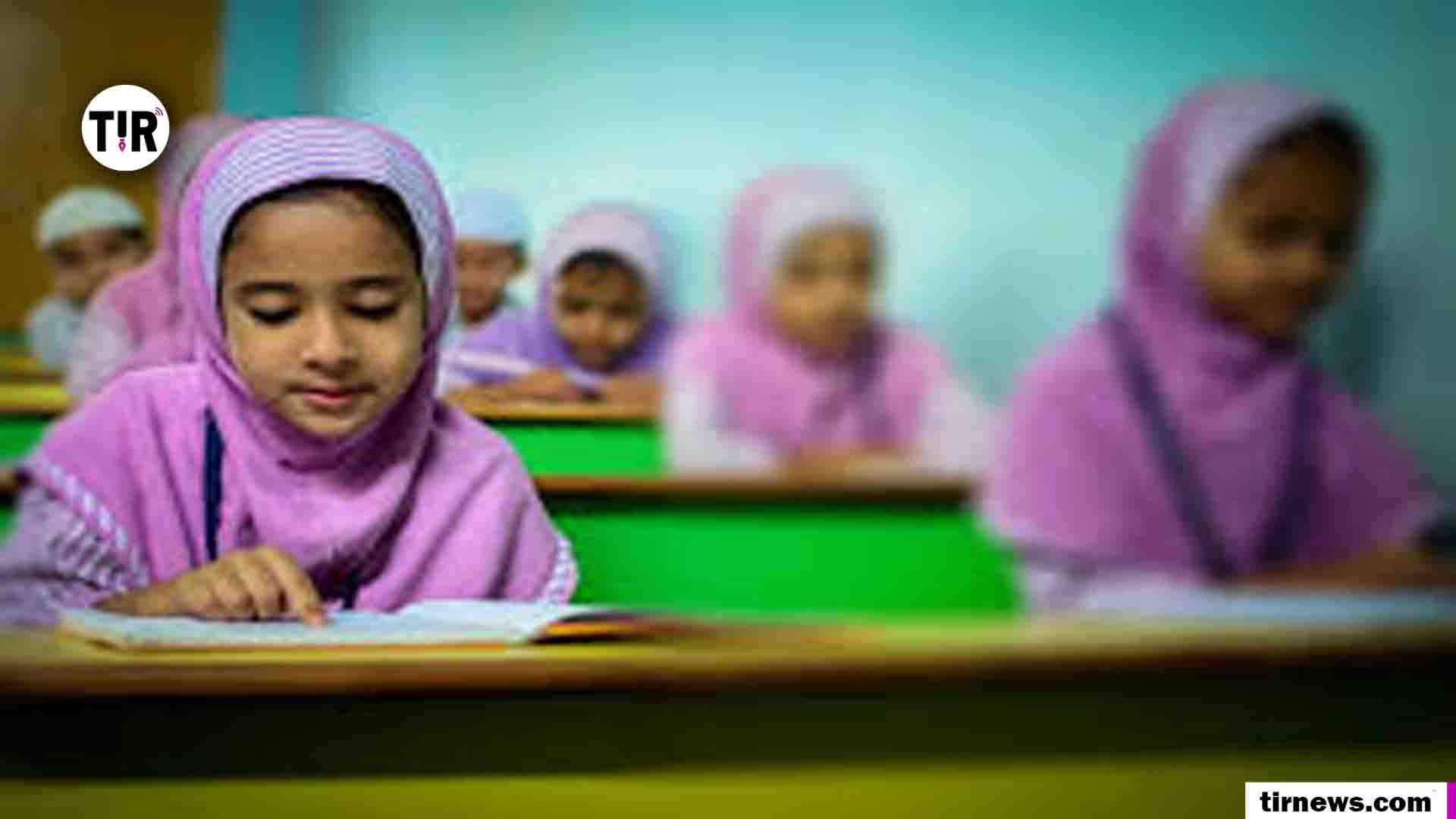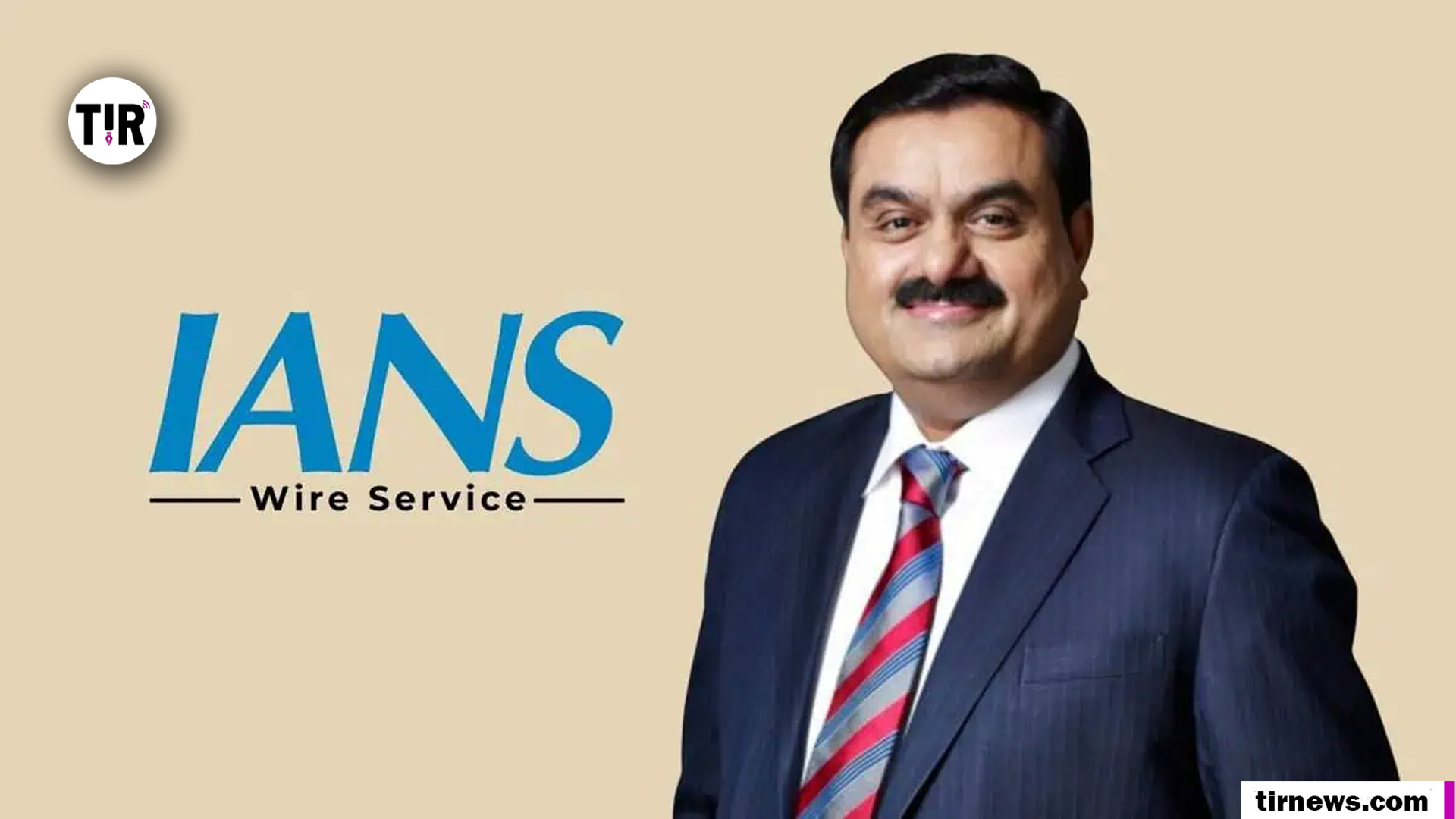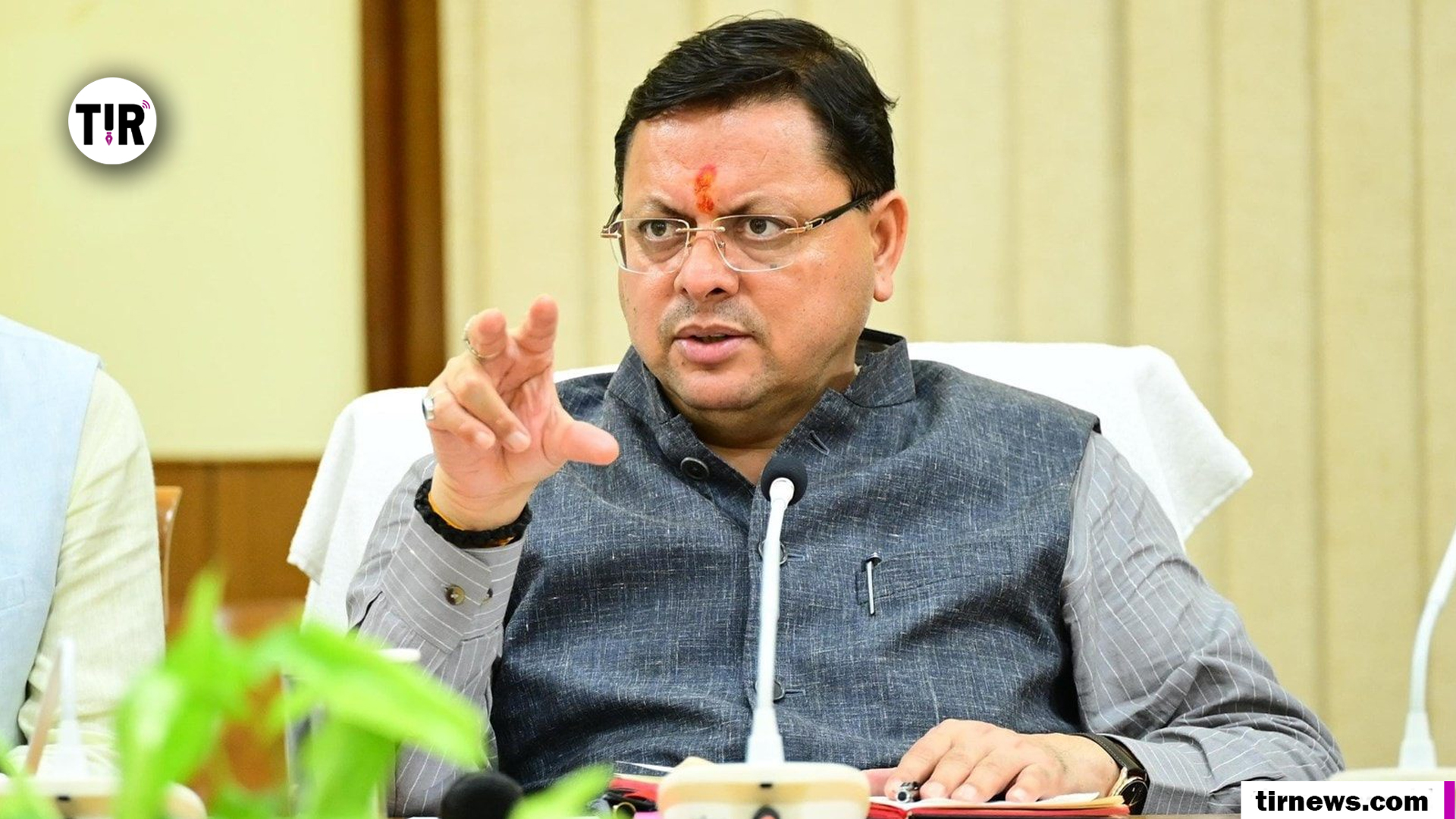Amid persistent economic challenges and socio-political marginalization, Indian Muslims are showing a notable rise in educational mobilization. From community-funded schools to competitive exam coaching centres, there has been a steady growth of institutions aimed at promoting literacy, modern education, and empowerment within the community.
Experts and community leaders point out that despite limited state support, grassroots initiatives are flourishing. These include efforts like scholarships, skill development programs, and the establishment of private colleges and schools in rural and urban Muslim areas. Several religious organizations and NGOs have also pivoted to include secular education in their mission to uplift the community economically and socially.
However, the growth comes with challenges. Economic hardships, communal discrimination, and limited representation in government schemes continue to slow progress. Moreover, fears over rising Islamophobia and policies targeting minority institutions add pressure to the already fragile educational ecosystem.
Community voices emphasize the urgent need for inclusive policies, affirmative action, and government engagement to ensure that educational development translates into equitable progress. Only through collaborative efforts can India achieve a truly inclusive model of development that integrates its largest minority.



